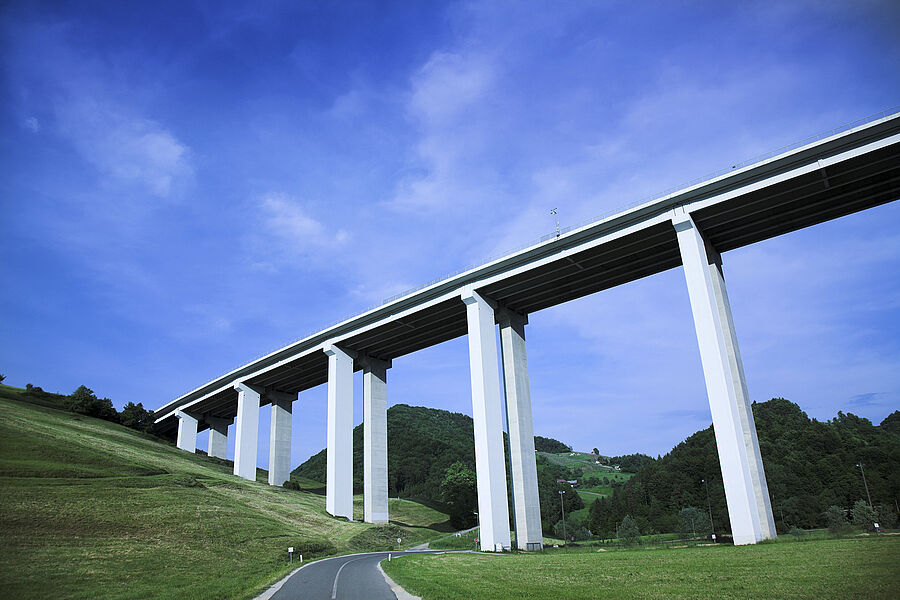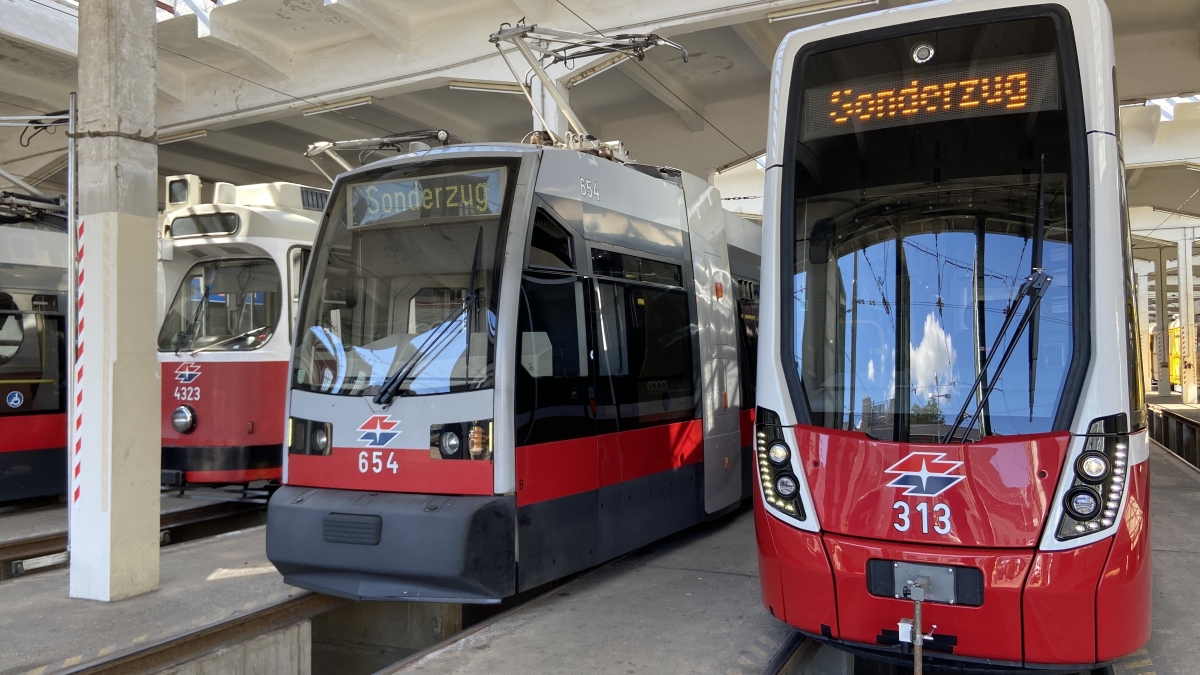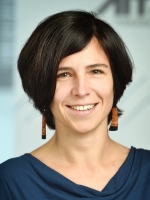Rail condition monitoring from vibroacoustic data
Tram turnouts are usually inspected by trained personnel every six months and receive a condition grade between A-D based on various criteria. The assessment is carried out according to the specifications of the respective network operator and is neither nationally nor internationally standardised. In order to make such inspections more efficient in the long term and to support employees with automatically generated measurement results, the basis for a procedure for assessing switch wear in the course of onboard measurements is to be laid within the framework of STRAWE. The project includes the instrumentation of fleet vehicles in Vienna’s tram network in order to create a vibro-acoustic data basis for different vehicles and to enable comparisons with the currently operating track inspection car. The latter was equipped with a measurement microphone, which was installed at an acoustically favourable position protected from contamination. In addition, triaxial vibration acceleration sensors are mounted on the axle bearings, on the bogie and on the car body.
Based on the vibroacoustic data from network-wide surveys with the inspection car, algorithms for the detection of curve squeal and corrugation on grooved rails have already been implemented. For this purpose, regression models of the measured sound and vibration levels versus vehicle speed and curvature were formed. In addition, a large number of features were determined, which were incorporated into the classification algorithm. For the automatic detection of turnouts, sound and vibration acceleration data at the axle bearings were used in the preceding project ASSESS and an acoustic evaluation of the turnouts was implemented. In addition, a new algorithm for the laser light-section method is to be developed in the current project in order to assess switch wear as a combination of optical and vibro-acoustic conditions.
About the project (in German)
Funded by the Federal Ministry for Climate Protection, Environment, Energy, Mobility, Innovation and Technology (BMK) and the Austrian Research Promotion Agency (FFG) as part of the Mobility of the Future programme.




